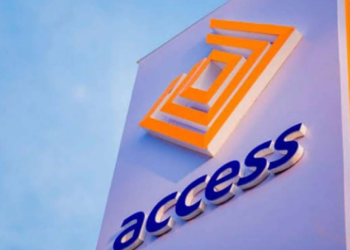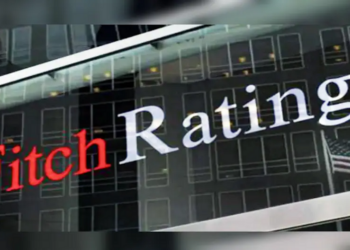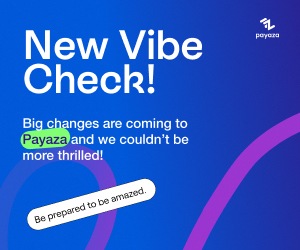Fitch Ratings has affirmed Access Bank Plc’s Long-Term Issuer Default Rating (IDR) at ‘B’ and Viability Rating (VR) at ‘B’. The firm has said that the bank’s Outlook is Stable. The ratings were driven by the bank’s intrinsic creditworthiness, as defined by its ‘B’ Viability Rating.
According to the rating commentary, the stable outlook reflects Fitch’s view that risks to Access’s credit profile are captured at the current rating level, with sufficient headroom, under its base case, to absorb the fallout from operating environment pressures.
In addition, Fitch has upgraded Access’ National Short-term Rating to ‘F1+(nga)’, which reflects a rating strength of the bank’s solid funding and liquidity profile.
What they are saying
As stated in the commentary, “the VR reflects the bank’s business concentration and its sensitivity to Nigeria’s volatile operating environment, which are however mitigated by sound profitability and adequate capitalisation and a reasonable loss-absorption capacity”.
Access is the largest banking group in Nigeria by assets at the end of H1 2021. Fitch’s asset-quality assessment considers substantial non-loan assets, largely comprising cash balances at the Central Bank of Nigeria, mainly in the form of restricted deposits and investments in Nigerian government securities. By its assessment, Access Bank’s asset quality has continued to hold up despite operating-environment pressures.
Another rating action was the bank’s operating ratio. According to Fitch, Access’ operating profit to risk-weighted assets is sound.
At the end of H1 2021, the bank’s operating profit to risk-weighted assets stood at 4.5%, up from 3.3% at the end of 2020.
Profitability is also a rating strength considered by Fitch and has been supported by declining funding costs and increasing government securities-related interest income due to a larger securities book. As a result, the bank reported a sharp widening in its net interest margin in H1 2021.
















